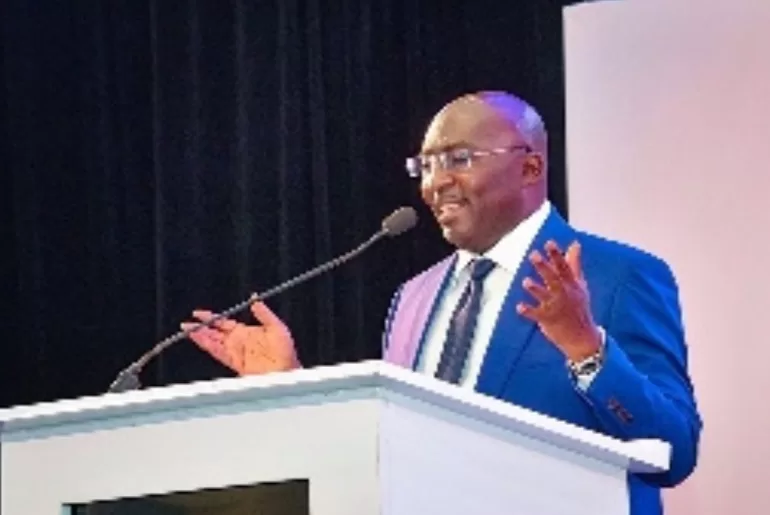Dr Mahamudu Bawumia, the 2024 flagbearer of the ruling New Patriotic Party (NPP), has made a significant pledge to the people of Ghana.
If elected president, he promises to undertake a thorough review of the country’s 1992 Constitution. The aim of this review is to shift the focus from just democratic stability to also include economic development.
During a recent address to the Volta Regional House of Chiefs in Ho as part of his regional tour, Dr Bawumia highlighted the importance of updating the constitution to address current economic challenges and promote development. He acknowledged the role of the constitution in stabilizing Ghana’s democracy over the past three decades but stressed the need for amendments to support the nation’s economic growth and prosperity.
In his statement, Dr Bawumia assured the chiefs that prioritizing constitutional amendments to reflect the evolving needs of the nation would be a top priority if he is given the mandate to lead the country. He emphasized the importance of aligning the constitution with Ghana’s economic goals and ensuring that it supports both democratic stability and economic development.
Furthermore, Dr Bawumia called for broad consultations in the review process and suggested reducing the power of the presidency in the constitution. He believes that reducing the powers of the presidency will lead to a deeper democracy and align the constitution with economic development goals.
The Vice President also referenced the late Prof Atta Mills’ efforts to review the constitution and expressed his commitment to continuing that process. He emphasized the need for changes that will propel the country towards economic development and reiterated his belief that the time has come to make these necessary amendments.
As the political landscape in Ghana evolves, Dr Bawumia’s pledge to review the constitution for economic development reflects a progressive and forward-thinking approach to governance. If elected as president, his commitment to constitutional reforms could potentially shape the future of Ghana’s economic and democratic landscape.

